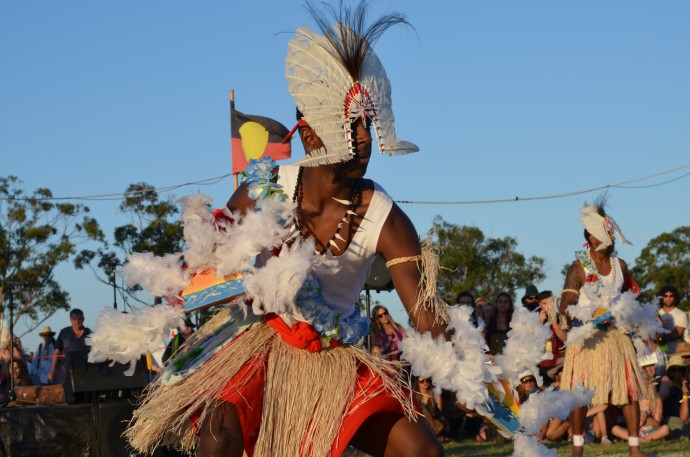
Murray Islander, Toby Whaleboat is doing his part to maintain and preserve the language and music of his community, so that it will be available to pass on to future generations.
Working at the Newcastle Conservatorium of Music, Toby is teaching Indigenous and Non-Indigenous people the hymns, sung in language, that he has been singing since growing up in Townsville.
“The reason why I’m so passionate is because I learnt these songs when I was growing up, in my community, in Townsville – both of my parents are from Murray Island. We went to church and we sang our hymns in language.
“But I see that this is not something that happens now with our younger generation. A lot of those hymns are not sung any more. They are in danger of being lost. That’s what I’m mostly concerned about, trying to revive these cultural hymns for our youth, but also our wider community.” Toby says.
Language is such a vital part of one’s identity and sense of belonging to a community that the loss of it can be detrimental on a number of levels.
“(The loss of music traditions) affects the younger generation because your language is who you are and what you are – your link to your community. If you lose the knowledge, you lose that sense of community.
It’s identifying who you are as a Murray Islander. When people ask you about your culture, what will you say to them? How will you respond? If you know your language, then you know where you are from, your history, and you can tell people your identity and who you are,” Toby says.
There is a distinct lack of education when it comes to preserving traditional languages and Toby sees this as being a barrier that we need to cross.
“Our education system is not providing enough opportunity for our people to learn and getting in people who know and can teach them. That’s why it’s so good to have places like Newcastle University providing that environment for people to learn. Even though the Aboriginal and Torres Strait Islander population in Newcastle is small, the wider community is also interested,” he says.
“On a wider scale, I hope that if I teach people and they teach others, it is a form of reconciliation. Music is an instrument that we can use to reconcile people to work together collaboratively. The choir that we have established at Newcastle University is full of all sorts of people from different backgrounds, from all walks of life, singing language songs.”
The response from the community to learning these hymns and the language has been very positive. Toby and his peers are currently organising a concert in Townsville on 29 June to celebrate The Coming of the Light, the annual Torres Strait Islander celebration. They are taking the choir up to perform traditional Torres Strait hymns and are hoping this will become a part of a wider movement to maintain this tradition.
“Singing together strengthens communities and brings them closer together. That’s what we intend to do now when we go up to Townsville, bring the wider community together,” he says.
“The non-Indigenous people really enjoy singing these songs and when we translate the words for them and they understand the meaning, everyone knows what they are singing about and the stories behind those songs, too.
“These are the kind of songs that we want to document and record for the future generations, so their history is not lost. If we don’t keep these songs alive they will be lost to us forever.”

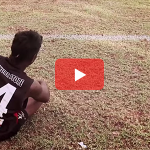
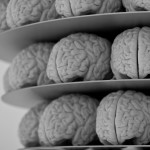
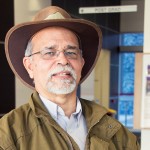
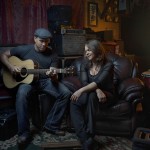
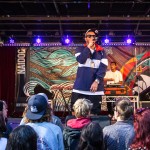
Teach me. And I will teach others!